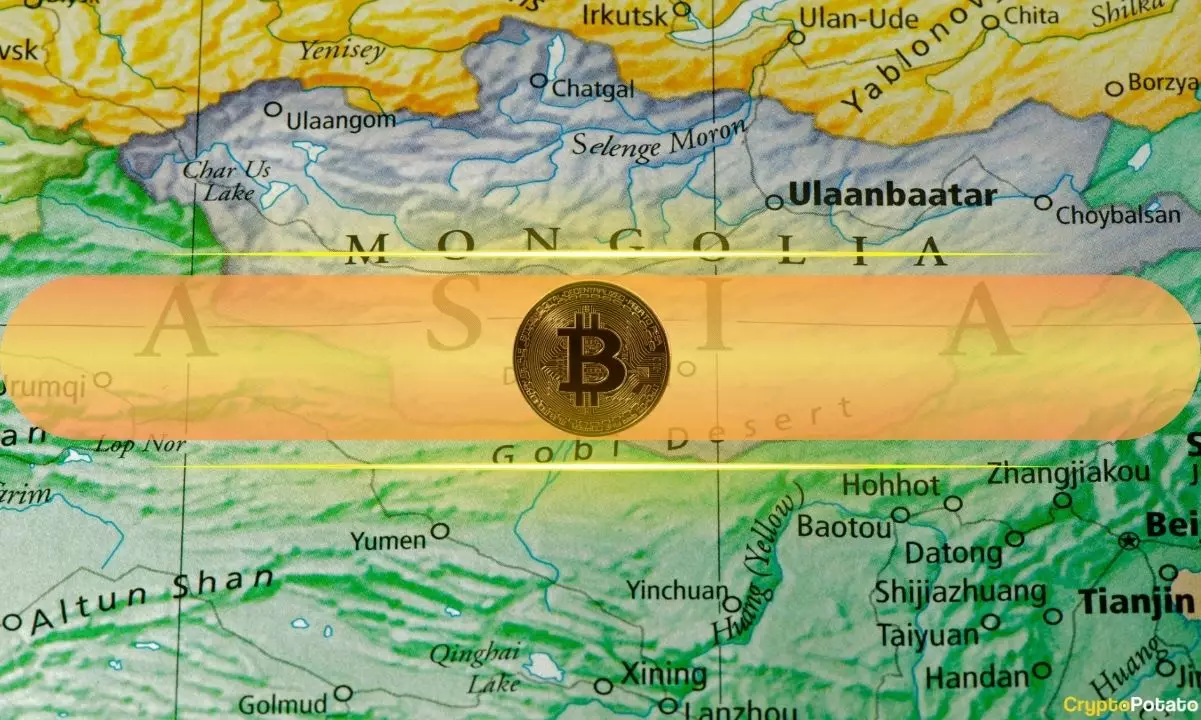The financial landscape is witnessing a transformative shift prompted by Bitcoin’s increasing acceptance as a strategic reserve asset. A growing number of nations and corporations are recognizing the potential of Bitcoin beyond mere speculation, as evidenced by recent commentary from industry experts like Gerovich, the CEO of Metaplanet. During a recent gathering, he underscored the possibility of the United States driving a worldwide commitment to accumulate Bitcoin reserves, predicting that if a national Bitcoin reserve is established under President Trump, countries around the globe—especially Japan—would likely follow suit. This reflection points to a significant trend where Bitcoin might solidify its role as a valuable asset not only in private portfolios but also within public finance.
One cannot underestimate the impact of leadership in shaping the narrative around digital currencies. Gerovich’s assertion that the Bitcoin community played a pivotal role in supporting Trump’s election illustrates a growing interconnectedness between political decisions and cryptocurrency acceptance. If Trump continues his advocacy for Bitcoin, particularly by proposing a Bitcoin reserve, it may incite similar initiatives across the globe. Gerovich’s comments reveal a ripple effect: countries like Japan, which typically look towards the U.S. for direction, might swiftly adapt their financial strategies to mirror this newly minted U.S. policy. This possibility not only augments Bitcoin’s legitimacy on the international stage but also suggests that the digital asset might evolve into a national resource acknowledged by various governments.
Notably, Japan’s growing venture capital interest in Bitcoin has prompted analysts to label certain Japanese funds as the “MicroStrategy of Japan.” This analogy draws a parallel between Japan’s robust Bitcoin acquisitions and the U.S. tech firm’s substantial holdings, which currently stand at approximately 446,400 BTC. With the largest-ever acquisition of 619.7 BTC by Metaplanet valued at around $60.6 million in December, Japan’s appetite for Bitcoin acquisition foreshadows a broader trend among Asian nations. As these investments accumulate, they assert a collective momentum urging other nations—especially those emerging from economic challenges—to explore Bitcoin as a hedge against their unstable currencies.
Gerovich’s remarks on the propensity of third-world countries to adopt Bitcoin underscore its potential as a stabilizing force in volatile economies. As traditional currencies struggle under the weight of inflation or geopolitical instability, Bitcoin presents a compelling alternative for nations seeking to fortify their monetary systems. By adopting Bitcoin, these countries could leverage it to stabilize and possibly enhance their economic standings on an international scale. This scenario could usher in a new era where Bitcoin is perceived not just as speculative property, but as an essential tactical asset for economic resilience.
Investors Flocking to Bitcoin: A Strategy for Wealth Maximization
Amidst this backdrop, Metaplanet’s strategic orientation mirrors that of MicroStrategy, highlighting a trend where corporations recognize Bitcoin as pivotal to long-term wealth accrual for their stakeholders. Gerovich’s statement about Metaplanet’s plans to accumulate Bitcoin over time is indicative of a broader corporate doctrine moving towards asset diversification in the digital realm. Despite the volatility, the persistently positive outlook surrounding Bitcoin’s increased value proposition suggests a growing consensus among institutional investors that Bitcoin reserves could yield substantial returns.
Bitcoin’s narrative is evolving with increasing urgency as nations and corporations weigh its strategic advantages. The discussions surrounding the establishment of national reserves, particularly referenced by thought leaders such as Gerovich, indicate a potential paradigm shift in which Bitcoin transcends its origins as a mere digital currency to become a cornerstone of modern economic policies. With countries like Japan poised to follow America’s lead, it is clear that Bitcoin is no longer an option for the future but increasingly a necessity in the global financial system. The race to accumulate Bitcoin is not just a race for wealth; it is a race for resilience in an increasingly unpredictable economic landscape.
















Leave a Reply